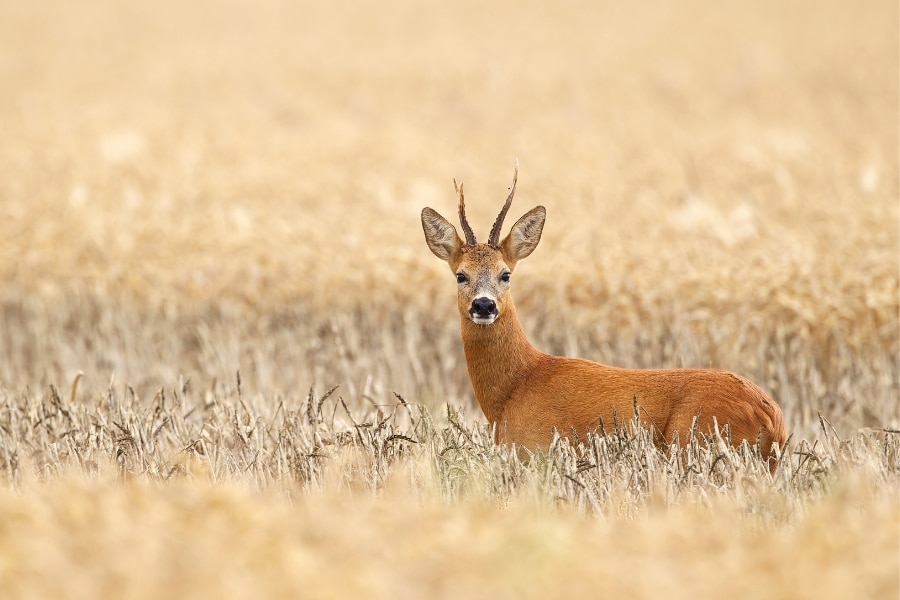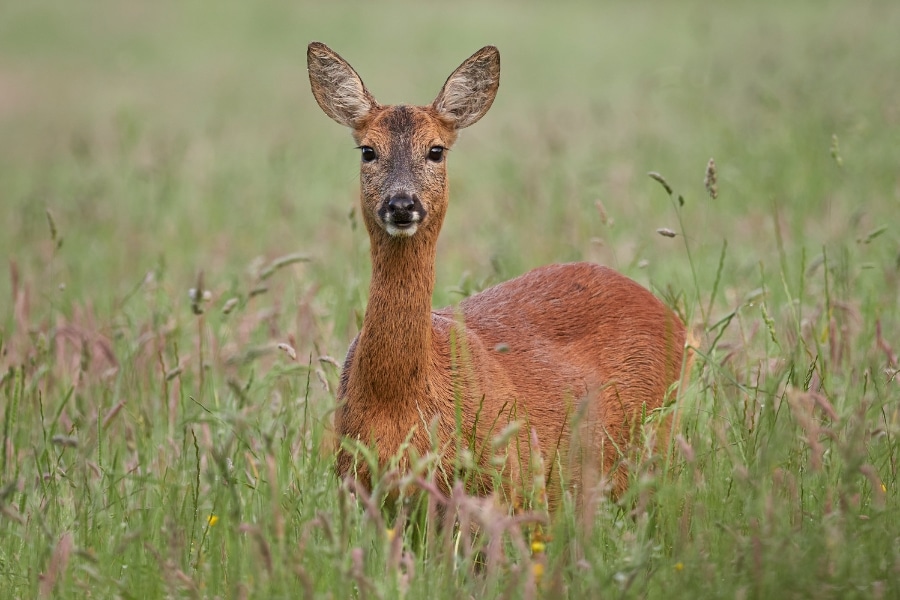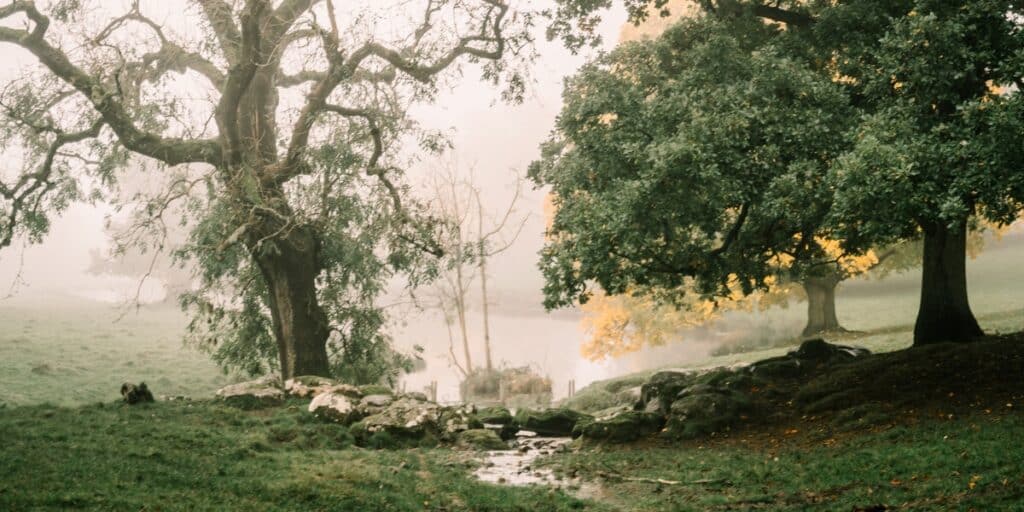Watch BASC on BBC Landward
Don’t miss BASC on BBC Landward this week, which includes a feature on our new community integrated deer management vision for Scotland.
Get information on the legal shooting season for mammals and birds in the UK.
Apply for funding for your project or make a donation today
Comprehensive information and advice from our specialist firearms team.
Everything you need to know about shotgun, rifle and airgun ammunition.
Find our up-to-date information, advice and links to government resources.
Everything you need to know on firearms law and licensing.
All the latest news and advice on general licences and how they affect you.

Applications opened this week for the British Quality Wild Venison (BQWV) standard, in a drive to build resilience and buyer confidence in the wild venison market.
The BQWV is the first quality assurance scheme for wild venison produced in England, Wales and Northern Ireland. It ensures that a set of audited standards are met throughout the supply chain process.
Applications are open to both producers (deer stalkers and managers) and processors (Approved Game Handling Establishments (AGHEs)).
The BQWV seeks to further strengthen the resilience of the wild venison market, increase buyer confidence and support woodland management by addressing the problems posed by a large deer population.
The scheme is aimed at those producing and dealing with large quantities of venison and will include annual assessments, with applicants required to demonstrate compliance with the standards.
Welcoming the launch of the standard, BASC’s head of deer and woodland management, Martin Edwards, said: “BASC has worked alongside other stakeholders to get this standard to the start line. As has already been seen in Scotland with the Scottish Quality Wild Venison standard, this version has the capability to bolster confidence in the wild venison market leading to stability and expansion.
“With retailers increasing the demand for quality assured wild venison at the top of the market, producers should feel the benefit of helping the deer management sector at the start of the chain.
“No-one will be expecting overnight change, but the standard has the potential to open doors and see wild venison reach its full potential. BASC will be pushing uptake of BQWV at each step within the market.”
To learn more about the standard and to apply, visit the BQWV website here.
Within the BQWV standard, BASC has created a group scheme to help reduce the costs and administrative burden on deer stalkers and managers. The scheme is aimed at those shooting up to 300 deer per year.
Martin explains: “In order to make the standard as accessible as possible, BASC has created a group scheme that will keep the administration and costs as low as possible.
“The scheme will open the door to a new market for those larger producers who manage a significant proportion of the UK deer population.”
At the launch of the BQWV standard, Defra Minister Trudy Harrison said: “We must develop ways to manage deer more sustainably if we are to meet our tree-planting targets and protect our precious woodlands and biodiversity. This announcement is an important step towards achieving that aim and creating a thriving market for British wild venison.”

Who is the BQWV standard aimed at?
The standard is aimed at producers (deer stalkers) and processors (AGHEs). The standard is optional so producers should speak to their AGHE to see if they are signed up and to find out whether it is a worthwhile investment for them to join, too.
What are the benefits of joining the BQWV standard as a producer?
The standard will not necessary fit everyone’s deer management situation. But for those handling a large number of deer carcasses, the creation of a higher standard will ensure contracts are kept and, in time, a higher price per carcass is returned.
Take-up across the sector will improve traceability of wild venison and ensure a set of standards are met throughout the supply chain process, from point of shot through to the end of the processing chain.
Do I have to join if I want to sell venison to a game dealer?
No, most game dealers will continue to purchase carcasses from those who are not signed up to the BQWV but which are still produced at an extremely high standard and have a marketplace of their own.
Where can I find the standards? For more information, please visit the BQWV website.
What will be required of me if I joined the scheme?
To be awarded the BQWV standard, applicants must demonstrate compliance. This includes ensuring that carcasses are handled correctly; the use of non-lead ammunition; that premises are registered as food businesses with the local authority; and that standards expected for producing food are met, in line with relevant regulations and best practice, ensuring that there is full traceability.
How does the group scheme work?
The group scheme is aimed at producers (deer stalkers) shooting up to 300 deer per year. The standards are the same and you will be inspected once a year, but the costs are reduced, with BASC undertaking much of the administrative work on behalf of members.
Don’t miss BASC on BBC Landward this week, which includes a feature on our new community integrated deer management vision for Scotland.

Shooting and woodland naturally work well together, and, by managing woodland correctly, we can maximise the benefits for all.

The first ever BASC Women in Shooting simulated Macnab comes to the beautiful Swinton Estate near Masham in North Yorkshire this October.
Sign up to our weekly newsletter and get all the latest updates straight to your inbox.
© 2025 British Association for Shooting and Conservation. Registered Office: Marford Mill, Rossett, Wrexham, LL12 0HL – Registered Society No: 28488R. BASC is a trading name of the British Association for Shooting and Conservation Limited which is authorised and regulated by the Financial Conduct Authority (FCA) under firm reference number 311937.
BASC Direct Ltd is an Introducer Appointed Representative of Agria Pet Insurance Ltd who administer the insurance and is authorised and regulated by the Financial Conduct Authority, Financial Services Register Number 496160. Agria Pet Insurance is registered and incorporated in England and Wales with registered number 04258783. Registered office: First Floor, Blue Leanie, Walton Street, Aylesbury, Buckinghamshire, HP21 7QW. Agria insurance policies are underwritten by Agria Försäkring.
If you have any questions or complaints about your BASC membership insurance cover, please email us. More information about resolving complaints can be found on the FCA website or on the EU ODR platform.